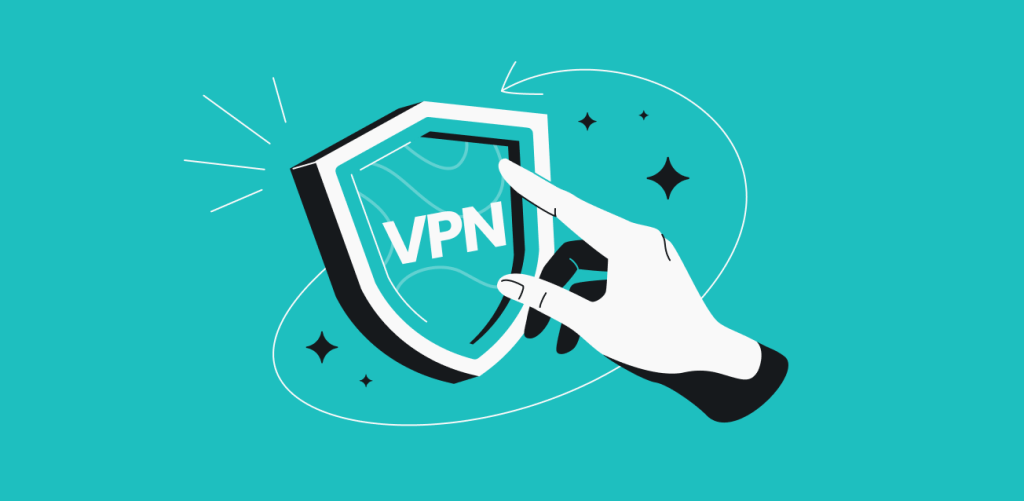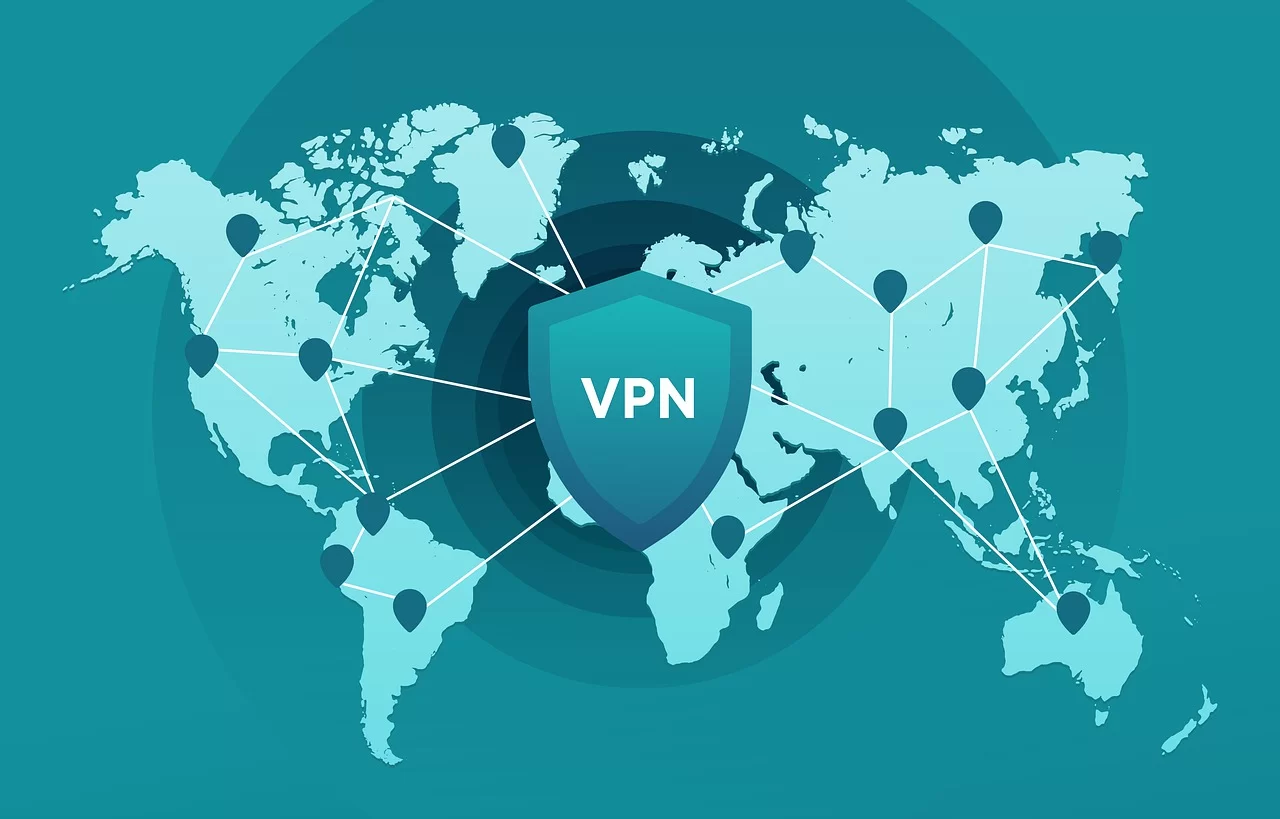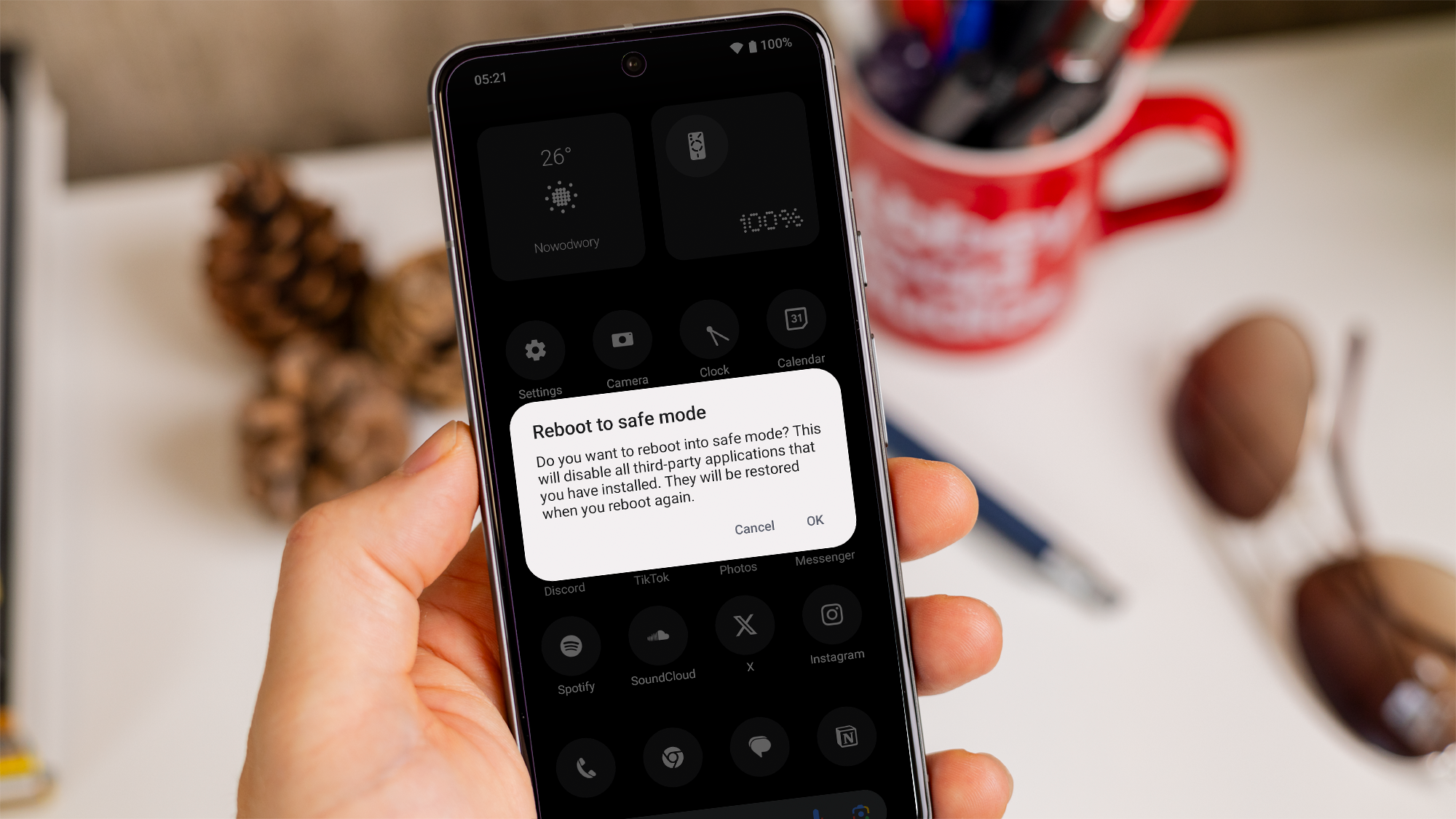
Maintaining privacy while torrenting can be challenging, given the scrutiny from ISPs and government agencies who monitor for copyright infringements. Torrenting, a decentralized form of file sharing, is often targeted by these entities due to its association with pirated content and high bandwidth usage.
So, how can you stay private while torrenting? Enter the VPN (virtual private network). A VPN works by creating a secure tunnel for your internet traffic, encrypting your data and masking your IP address to keep your activities hidden from prying eyes. This ensures that your torrenting activity remains confidential.
But how does this work in practice? A VPN reroutes your internet traffic through its own servers, shielding your online activities from your ISP. This not only hides your torrenting from your ISP but also protects your data with robust encryption methods, such as AES-256. Your IP address is replaced with one from the VPN server, further obscuring your activity.
Although using a VPN provides a strong layer of privacy, it’s essential to pair it with other protective measures. Anti-virus software is crucial to protect against malware that can be encountered through torrent files. Services like NordVPN offer additional threat protection, but they should not replace comprehensive antivirus solutions.
In conclusion, if you wish to keep your torrenting activities private, a VPN is a valuable tool. It ensures that your online behavior is shielded from both ISPs and potential legal repercussions, making it a vital part of safe and anonymous torrenting.




